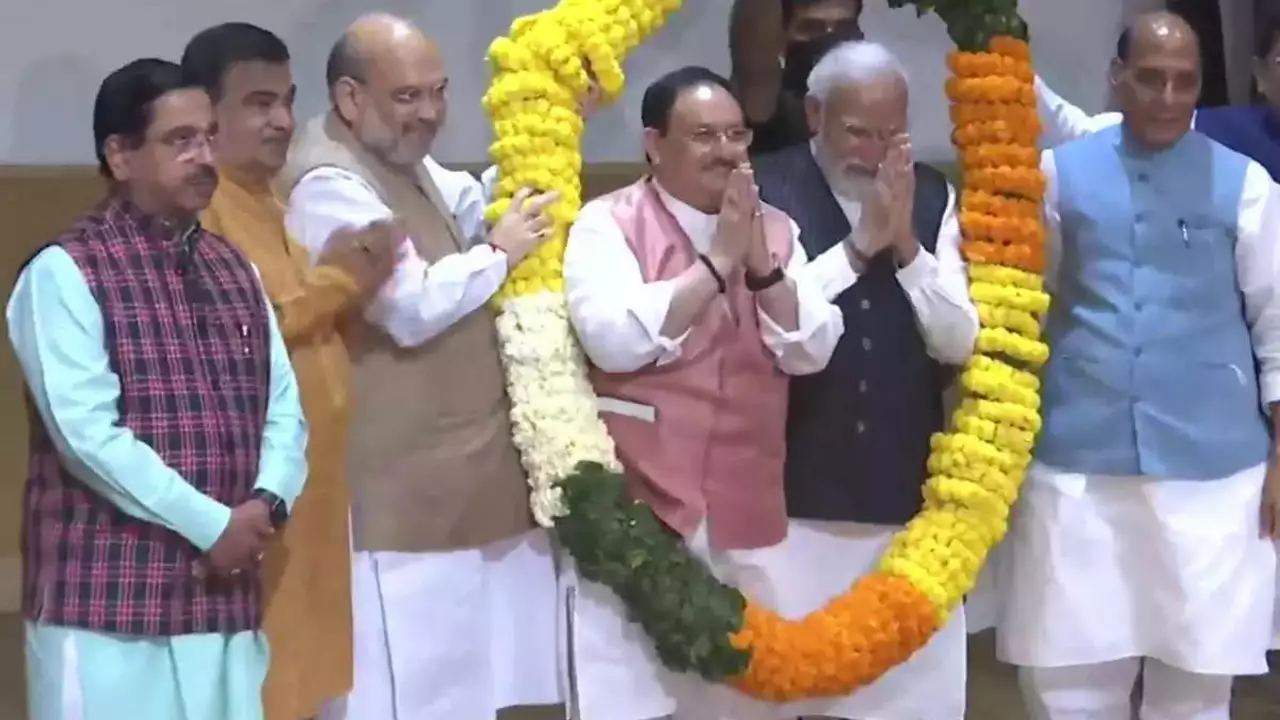Understanding the Concept of Political Dynasties
Political dynasties are not a new phenomenon, they have been a part of societal structures for centuries. Essentially, a political dynasty is a family or group that has maintained power for several generations. Often, these dynasties are able to maintain this power through a combination of wealth, influence, and political maneuvering. However, the concept of a political dynasty in a democratic system, where leaders are supposed to be chosen based on their competence and public approval, is a contentious issue.
The Indian Political Landscape
The Indian political landscape has long been dominated by several powerful political families, the most prominent being the Nehru-Gandhi dynasty. This family has produced several prime ministers and has been at the helm of the Indian National Congress, one of the country’s oldest political parties. However, this is not a singular occurrence, many regional parties in India are also controlled by political families.
PM Modi’s Stance on Political Dynasties
Prime Minister Narendra Modi has been a vocal critic of political dynasties. He has often stated that these dynasties are detrimental to the democratic process, as they concentrate power within a small group and limit opportunities for political participation. Furthermore, he argues that these dynasties often promote their own interests, rather than those of the public.
Political Dynasties versus Democratic Principles
When we examine the democratic principles of equality and meritocracy, it becomes evident that political dynasties are a contradiction. Democracy is supposed to be a system where every individual has an equal chance of gaining power through public approval. However, when political power is passed down through generations within a family, it undermines the principle of equal opportunity.
Corruption and Nepotism: The Offshoots of Political Dynasties
Political dynasties can often lead to corruption and nepotism. When power is concentrated within a family or group, it increases the chances of corruption, as there is little external oversight. Moreover, these dynasties often favor their own members for key political roles, leading to nepotism and further undermining the democratic process.
The Impact on Political Participation
Political dynasties discourage broad political participation. When a handful of families control the political landscape, it can discourage others from participating in the political process, either as voters or as potential leaders. This can lead to a lack of fresh ideas and stagnation in political progress.
Examples of Successful Leaders Outside Dynasties
There are several examples of successful leaders who have emerged outside of political dynasties, Prime Minister Narendra Modi being the most prominent among them. These leaders serve as a reminder that political success can be achieved through merit and public approval, rather than familial connections.
The Role of the Public in Breaking the Cycle
The public plays a crucial role in breaking the cycle of political dynasties. By voting for leaders based on their competence and vision, rather than their familial connections, the public can ensure that power is distributed more equitably.
Lessons from Other Democracies
There are several other democracies around the world that have successfully managed to break away from the grip of political dynasties. These examples provide valuable lessons for India as it grapples with this issue.
Conclusion: The Future of Indian Democracy
The future of Indian democracy hinges on breaking away from the clutches of political dynasties. It is crucial for the health and vibrancy of the democratic process that power is distributed more equitably, and that leaders are chosen based on their competence and vision, rather than their familial connections.
